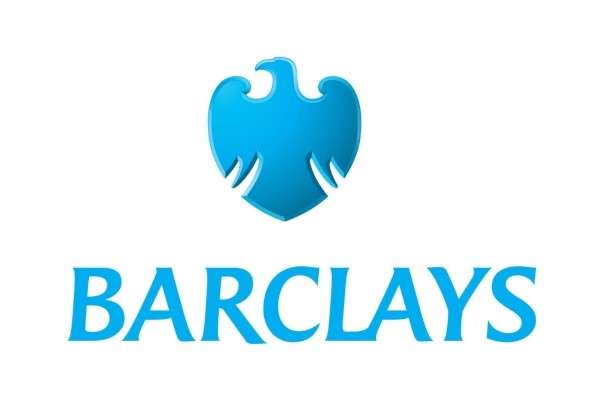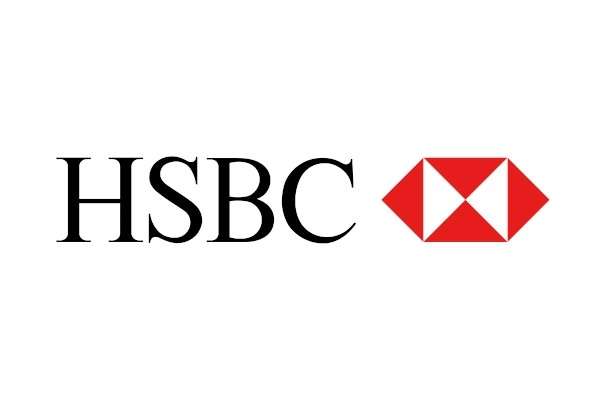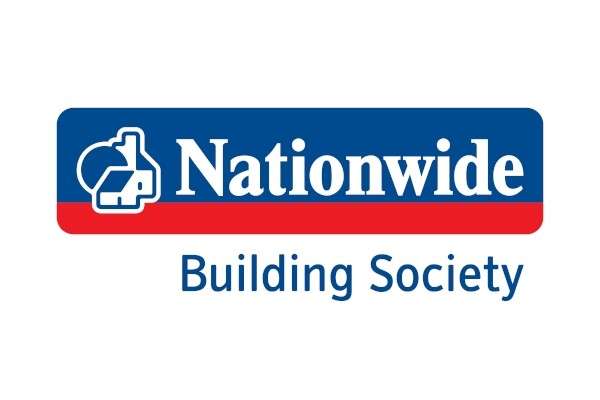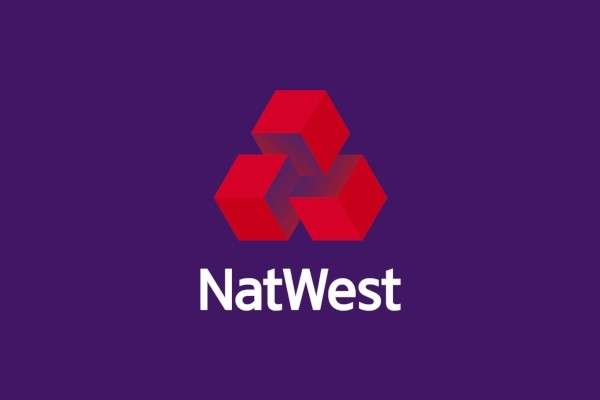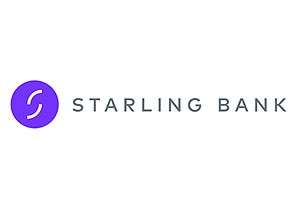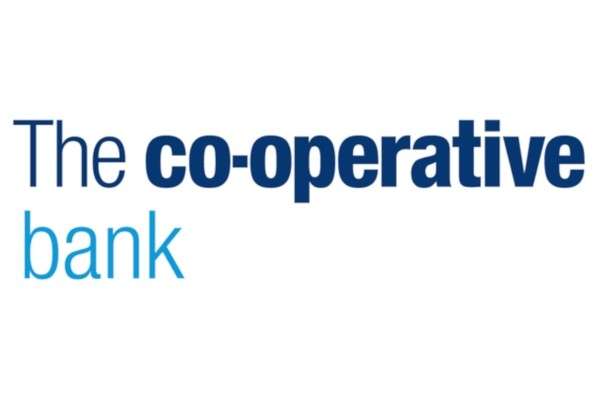Chargebacks
What is a chargeback?
A chargeback normally occurs when there is a dispute between a purchaser of either goods or services and the supplier. It is a process that is in place to protect the consumer. A consumer disputes a transaction with their card provider and in turn, the card provider will agree, in certain circumstances, to reverse the transaction. The money will then go back into your bank account.
Search for a Company to begin a Claim
So how do chargebacks work?
Once you have made your chargeback claim the issuing bank will credit your account with the amount of the transaction. Basically the bank will take back the money that they paid to the retailer when you made the transaction and it will be credited to your bank account or card. This applies to the purchase of both goods or services.
It doesn’t matter whether you paid for the goods or services using a credit card or a debit card, wherever the card company logo appears on a card issued, then the chargeback rules apply. They even apply if you have used a prepaid credit card for your purchase.
The chargeback process is fairly straight forward. If a purchaser disputes a transaction, for any legitimate reason, the first step is to try and resolve the complaint with the business or merchant involved with the sale of the goods or services. The complaint may be that you didn’t receive the goods, or the goods were damaged. There are plenty of reasons why you may not be happy with the goods or services. If your claim is genuine and the retailer or merchant will not give you a refund or your money back, then you have the right to refer this to your card company, normally your bank. The issuing bank will then review your claim and based on your circumstances, argument and the transaction details the issuing bank will then issue a conditional refund to the card holder. This is normally for the full amount paid plus applicable fees.
The chargeback is then referred to the acquiring bank who will normally refer the chargeback to the merchant for their side of the story. The merchant or business then have the right to review the card transaction and the reversal of the payment and dispute it if they feel that the grounds for the chargeback were invalid or unfair.
Just because you are able to initiate a chargeback, does not always mean it is valid or fair! The merchant or business involved with the sale will then have a short time to dispute the chargeback and they will have to put their case to their bank with supporting documentation, making a clear case for the original transaction to stand. If the acquiring bank is satisfied with the merchant’s explanation and supporting evidence they will represent the transaction to the issuing bank who will normally review it again. This time they will have both the representations made by the consumer (purchase) and the explanation given by the merchant or business involved with the sale. They will then rule either in favour of the consumer or the merchant depending on the circumstances and explanations given.
So how long does the Chargeback process take?
This depends on the speed of which the merchant deals with any requests from the bank but normally the proces
There is a misconception that chargebacks do not apply where the payment is made by credit card. This is not the case with chargebacks. Don’t get confused with ‘Section 75 Claims’ which are different. You can initiate a chargeback whether you have paid by credit card or debit card.
Is there a time limit in which the chargeback can be made?
Time limits for the consumer or purchaser to effect the chargeback process depends on the reason for the chargeback. There are varying reasons why you would make a chargeback claim ranging from fraud, to faulty goods, to cancelling recurring transactions or counterfeit merchandise. Under most circumstances the time limit for a consumer chargeback claim is 120 days. There are circumstances such as late presentment where the time limit is 75 days. The time limit for the acquiring bank and the merchant are different and much shorter. They have time limits of 30 days which has recently been reduced from 45 days. So the merchant and their bank have to act quickly and cannot procrastinate over the issue.
Can a chargeback affect your credit score?
This depends on the merchant involved. If you have received goods or service and are successful in your chargeback, this effectively means that the merchant has not been paid. Simply because the card company have reversed the transaction does not stop the merchant taking action against you for the goods or services supplied if he is adamant that he has a case for payment. In these circumstances the merchant or the business could issue a claim against you for unpaid goods or services and if successful this would affect your credit score. In normal circumstances though, if the transaction reversal or chargeback has been successful, this is a good indication that you have a strong argument with the merchant and a legitimate case for a refund.
So what is the difference between a chargeback and a claim under Section 75 of the Consumer Credit Act?
Under section 75 of the CCA (Consumer credit act) the credit card company is joint and severally liable for any breaches of contract made by the vendor or retailer. If there is a strong case for mis-selling then you can use this legislation for a claim against the credit card company or finance provider as they are under the legislation, as liable to you as the merchant themselves. The key thing to remember is the difference between the two processes is law. Section 75 is law and the chargeback scheme is a voluntary agreement between the credit card companies. Both are designed for the protection of consumers but the law and how it applies to your consumer rights are very different.
So how do you file a chargeback?
Well this has to start with the retailer. A clear representation to the retailer or merchant outlining your case for a refund is made along with supportive documentation to back up your argument. If that is not successful then a case for a chargeback has to be put together and sent to your credit card company. It is easy to get lost in the emotion and the stress of such procedures so it helps to have someone who can prepare your case for you with a clear head. All the facts and figures are necessary, the better the case is resented, the quicker it will go through the system.
All the major banks and credit card companies’ subscribe to the chargeback process and all have dedicated staff to deal with such claims. The rules and regulations surrounding chargebacks are clearly outlaid by the banks to their merchants. This procedure is something that the banks and card issuers deal with on a daily basis.
Some statistics for you:
- 26% of the chargebacks made in 2017 were due to products never arriving from the merchant.
- 30% of the chargebacks were for payments that had been made on stolen credit cards.
- 15% of chargebacks are because the retailer shipped the wrong product.
- On average a business will only hear from 4% of their dissatisfied clients or customers, the other 95% will simply go down the chargeback route if they are not happy with the merchant or the transaction.
Genuine merchants will normally deal with requests for card purchase refunds and any subsequent chargebacks professionally. The relationship between the card issuer, the bank and the merchant are under continuous review and the bank are constantly assessing their ‘risk’. After all they are the ones that could get caught by being over exposed financially with a merchant. As a responsible merchant you will also having want to protect your business from unnecessary chargebacks and cashflow interuptions.
The ultimate protection?
Companies offering credit accounts and credit cards are members of the FCA (Financial Conduct Authority) and have to conduct themselves according to the FCA guidelines. Any complaint made to the FCA against their members is taken very seriously. The guidelines are clear about their member’s code of conduct in relation to consumer transactions.

